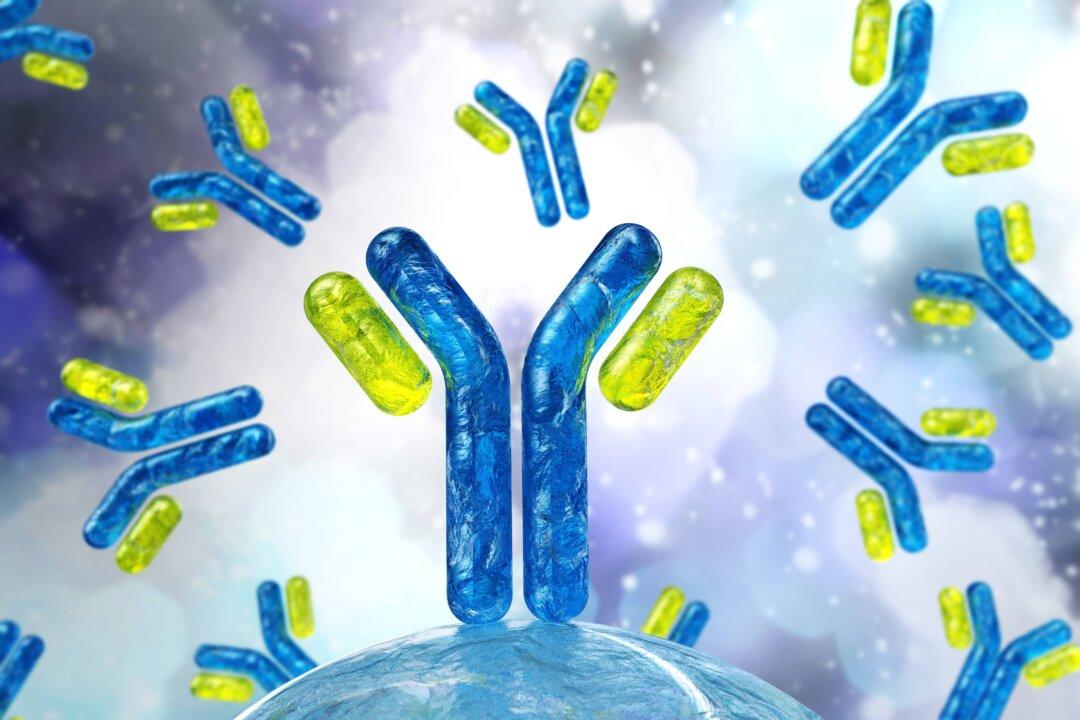In the United States, everyone, 16 years of age and older, is now eligible for the COVID-19 vaccine.
HealthCare.gov, the agency behind the Affordable Care Act, recently sent out an email announcing the “good news.” They said the new shot was “an important tool to help end the pandemic, and it’s your best protection from getting COVID-19.”






